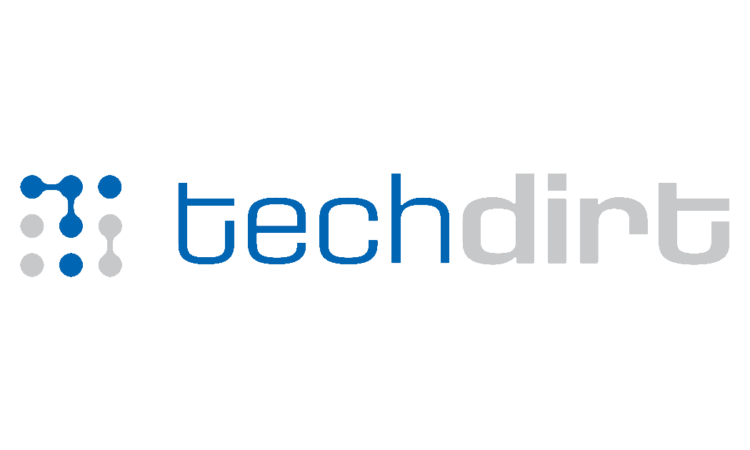
from the satisfy-your-personal-data-bloodlust-elsewhere dept
The UK government still hopes to bend the internet to its will, but it’s constantly finding out it won’t be as easy as just declaring a bunch of stuff illegal. Tech companies from all over the world would be affected by its “Online Safety Bill” (originally more proactively titled the “Online Harms Bill“). Negatively affected.
The push continues to outlaw things like end-to-end encryption, expand the government’s power to directly regulate internet communications, and otherwise make everyone more miserable (and less safe, ironically).
The usual suspects have been cited in support of ruining the internet: hate speech, CSAM, etc. While the proposed measures might have some immediately noticeable effect, those effects will likely be limited to showboat-y, ineffectual fining of non-compliant tech companies, perhaps with a few threats of prosecution thrown into the mix.
Notably, the bill targets tech companies, rather than those engaging in the activities the UK government wants to see eradicated. Tech companies are pushing back, though. Some of the biggest providers of encrypted communication services have already told the UK government they’ll exit the British market, rather than make their offerings less secure.
It’s not just encryption being targeted by the UK government. The government is also demanding service providers collect and retain more information about their users, supposedly to ensure the proverbial children aren’t exposed to content above their pay age grade.
Here’s where Wikipedia, via the Wikimedia Foundation, steps in and gives the UK government the extended two-finger salute (one better than America!), as Chris Vallance and Tom Gerken report for the BBC:
Wikipedia will not comply with any age checks required under the Online Safety Bill, its foundation says.
Rebecca MacKinnon, of the Wikimedia Foundation, which supports the website, says it would “violate our commitment to collect minimal data about readers and contributors”.
UK government officials have decided the Wikimedia Foundation (specifically, its Wikimedia) places children in harm’s way by hosting content that is either (1) actually pornographic (people stash porn at Wikimedia) or (2) sufficiently descriptive of sexual acts to be considered pornography (even if said descriptions are meant to educate, rather than titillate).
Consequently, Wikimedia/Wikipedia would be required to verify UK users’ ages, something it has never done anywhere in the world. In response to this new demand — one that would require Wikimedia to gather more information about its users than it currently does — the Foundation has flatly stated it won’t be invading its users’ privacy just to satisfy the UK government’s bizarre desire to turn the internet into vast repository of user info it can dip into whenever it feels it needs to.
Even if Wikimedia was inclined to comply with this ridiculous mandate, there’s likely no way it could feasibly comply with it. The logistical demands verge on impossibility.
There are currently 6.6 million articles on Wikipedia, and she said it was “impossible to imagine” how it would cope with checking content to comply with the bill.
She added: “Worldwide there are two edits per second across Wikipedia’s 300-plus languages.”
The online, user-generated encyclopedia does have its supporters in the UK legislature. As the BBC reports, some are arguing for an exemption that would allow sites like Wikipedia to bypass age verification since it relies on community moderation, rather than its own employees or algorithms. But others in Parliament, as well as the entities pushing for a more restrictive internet, claim adding exemptions will just encourage services like Wikimedia to perform less moderation, rather than more.
Those people are wrong. Mandates won’t force the internet to behave the way UK politicians would prefer it behaves. Instead, it will mean their constituents will lose access to services they currently use, be denied access to others, and allow child abusers and bigots to sink even further below the radar where they’re still capable of doing harm but far less likely to be detected.
Filed Under: age verification, online safety bill, uk
Companies: wikimedia






